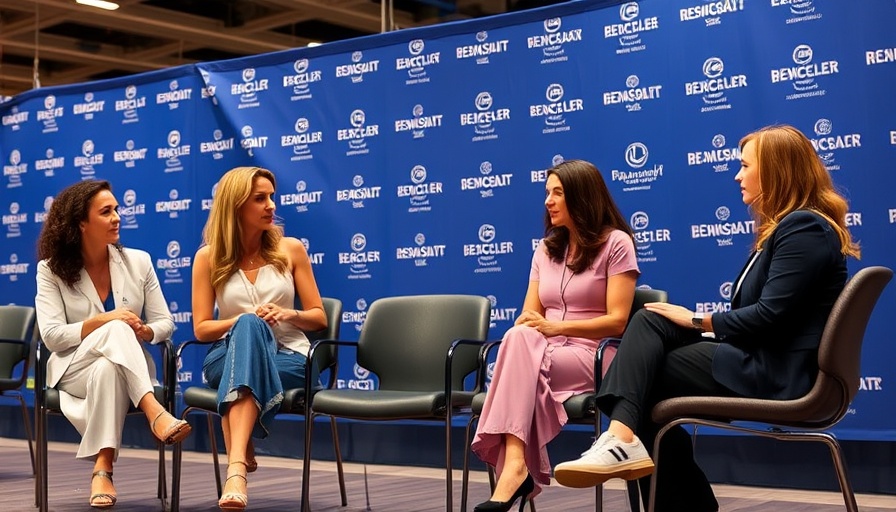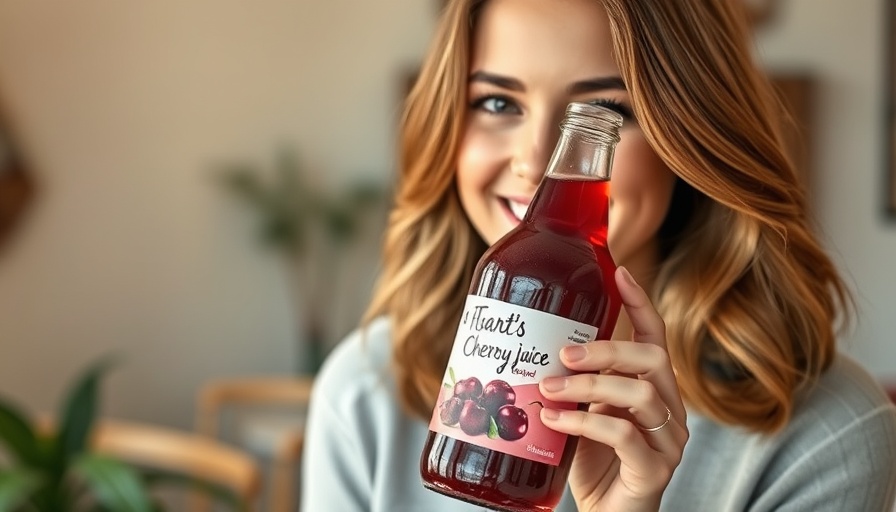
Unpacking the Nutrition Knowledge Gap in Women's Sport
As the excitement builds for the 2025 Women’s Euros, a startling gap in women’s sports nutrition reveals itself, suggesting that a significant portion of athletes are navigating their training without tailored dietary guidance. Research conducted by Lidl GB shows that a staggering 80% of women have never received specific advice on how to fuel their bodies for exercise. This leaves many female athletes in a precarious position, especially when considering that nearly a third miss out on participating in sports during their menstrual cycles.
Men’s Coaching Remains Predominant
Gender disparities extend beyond just participation rates; they permeate coaching and support structures in female sports. While awareness grows surrounding the unique needs of women athletes, many coaches, predominantly male, lack knowledge about how menstrual cycles influence energy levels. The study emphasizes that one in five men are still unaware of these physiological differences, demonstrating a critical need for education in understanding female physiology within sports coaching.
The Call for Enhanced Education in Female Nutrition
Among those who exercise regularly, a significant 71% believe that more needs to be done to inform both athletes and coaches about female nutrition. This sentiment is echoed by panelists like Fara Williams, a Lioness legend who has voiced concerns about the lack of personalised nutrition coaching in women's football. Although elite teams may offer nutritional support, such as quality food during camps, the absence of tailored advice leaves many players to fend for themselves.
Historical Context: Nutrition’s Role in the Women’s Game
The lack of adequate nutritional guidance can be traced back to broader issues in sporting culture. Williams highlights her past experiences wherein nutritional protocols were often founded on strategies tailored for men, neglecting the nuances of female athletes. Her description of being part of a so-called ‘fat club’ sheds light on the harmful practices that have historically been prominent in women's football, further emphasizing the urgent need for a shift in focus towards well-rounded, supportive nutritional strategies.
Progress Made but Challenges Persist
Despite the challenges, there are signs of progress. Footballer Freda Ayisi noted the beneficial change after receiving accurate nutritional information, which positively influenced her performance and recovery. This highlights the profound impact that adequate nutrition can have on female athletes, reinforcing the argument for comprehensive educational initiatives aimed at both athletes and their support teams.
The Future of Women's Sports Nutrition: Opportunities Ahead
Looking ahead, there is an opportune moment for the sports community to advocate for enhanced knowledge sharing and education on nutrition tailored for women. As conversations surrounding female athlete health grow, it is essential to prioritise research focused on this demographic — particularly given that only 6% of sports science studies focus specifically on women. With more emphasis on women's unique needs, there is potential to foster a healthier, more inclusive sporting environment for future generations.
Embracing Change: Actionable Steps for Improvement
To create a more supportive framework for women athletes, actionable steps must include developing educational resources on nutrition and menstrual health for both coaches and athletes. Additionally, organisations should advocate for the inclusion of qualified female nutritionists who specialize in women’s sports to ensure that training diets are personalised and optimized for performance.
Conclusion: A Collective Responsibility for Better Nutrition
As the 2025 Women’s Euros draw closer, it’s clear that the responsibility for addressing the nutrition knowledge gap lies with everyone — coaches, sports organisations, and athletes alike. By prioritising education and providing access to tailored nutritional guidance, we can empower female athletes to perform at their best and pave the way for a stronger representation in sports.
 Add Row
Add Row 

 Add Element
Add Element 


Write A Comment